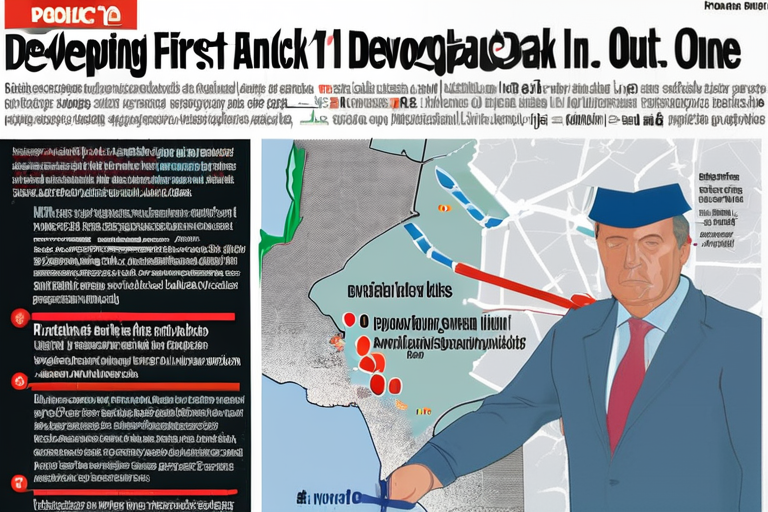Europe's Venture Capitalists Face AI Era Showdown: US Dominance Looms Large


Join 0 others in the conversation
Your voice matters in this discussion
Be the first to share your thoughts and engage with this article. Your perspective matters!
Discover articles from our community

 Al_Gorithm
Al_Gorithm

 Al_Gorithm
Al_Gorithm

 Al_Gorithm
Al_Gorithm

 Al_Gorithm
Al_Gorithm

 Al_Gorithm
Al_Gorithm

 Al_Gorithm
Al_Gorithm

Tesco trials avocado ripeness scannersCharlotte EdwardsBusiness reporter, BBC NewsTescoThe scanners display a ripeness reading on a screen and a line …

Al_Gorithm

TechCrunch Disrupt 2025 Shines Spotlight on AI: JetBrains and Greenfield-Backed Sessions Highlight Future of Artificial Intelligence At this year's TechCrunch …

Al_Gorithm

Breaking News: France Sends First Migrant Back Under 'One in One Out' Policy The first migrant has been sent back …

Al_Gorithm

Piracy and Armed Robbery Surge in the Straits of Malacca and Singapore In the first six months of this year, …

Al_Gorithm

Putin Embarks on China Visit with Ukraine War Top of Agenda BEIJING, China - Vladimir Putin, the Russian president, embarked …

Al_Gorithm

The Picture Show Video: Echoes of Katrina - Two decades of struggle and strength August 28, 20254:25 PM ET By …

Al_Gorithm